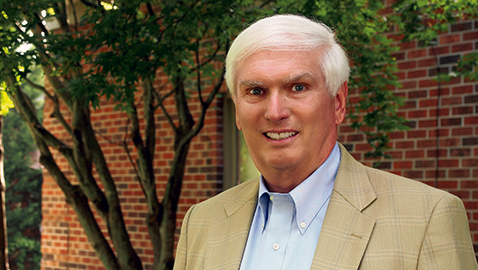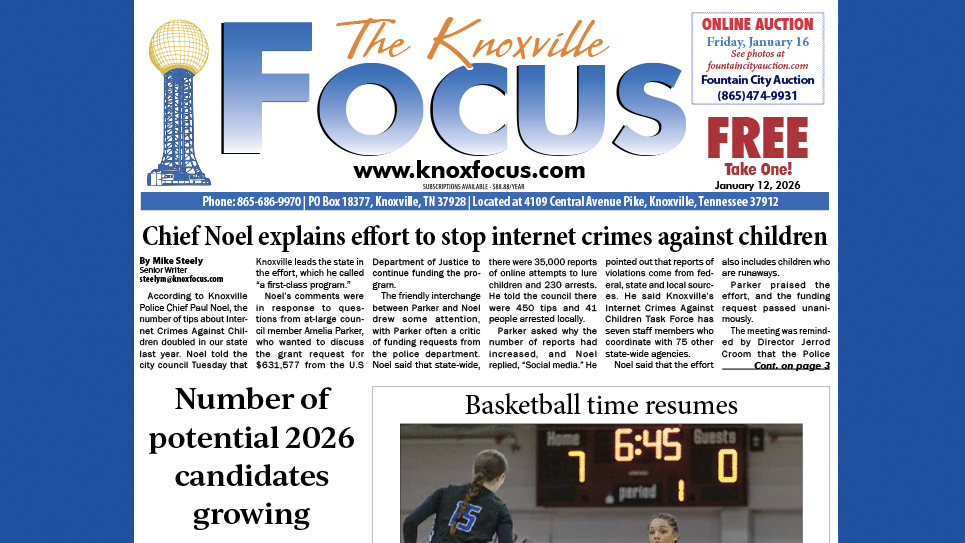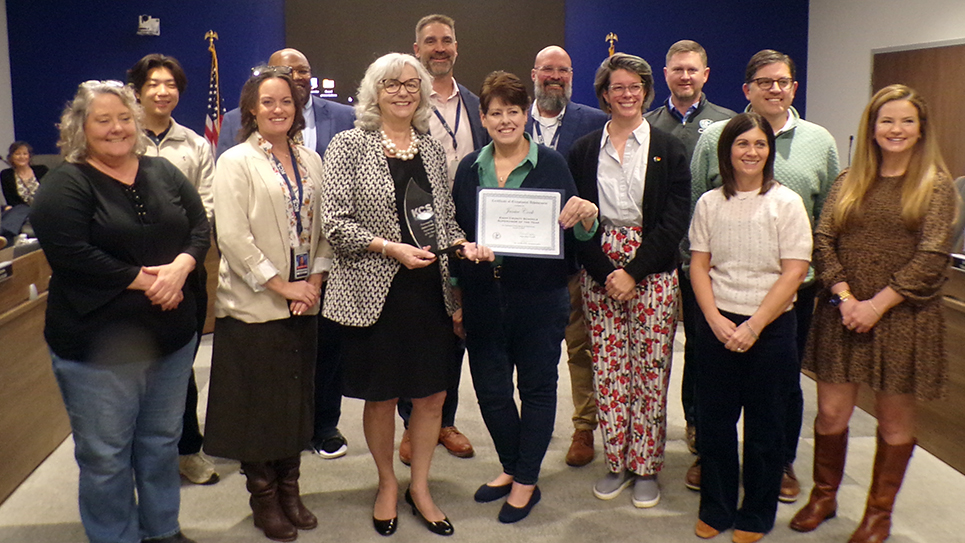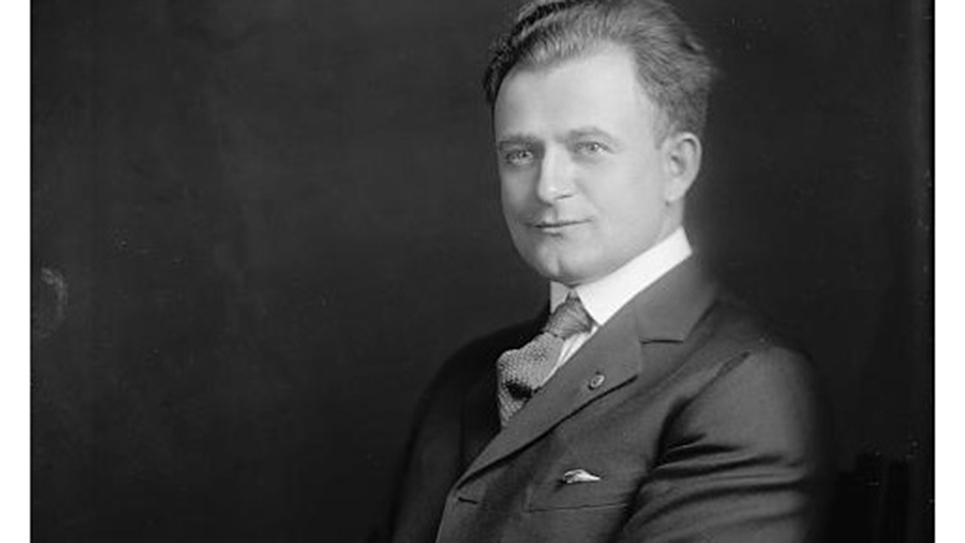By John J. Duncan Jr.
duncanj@knoxfocus.com
The last time my father ran for mayor in Knoxville, 1963, he received 803 votes in the largest Black precinct, Mountain View, to totals of 55 and 47 for his two very popular opponents.
He was running against Bill Tallent, who had been elected county-wide as Finance Commissioner, and Lowell Blanchard, a well-known radio personality, who was also the voice of the basketball Vols.
Daddy carried the Cansler YMCA precinct 167 to 3 for Blanchard and 12 for Tallent. He won Sam Hill School by a vote of 370 to Blanchard’s 24 and Tallent’s 20.
One last example: the College Homes precinct gave 591 to Duncan, 27 to Blanchard and 36 to Tallent.
Daddy was an active, well-known Republican, but he carried all the precincts that were overwhelmingly African-American by votes of 9 and 10 to 1.
I was proud of my father for many reasons, but certainly one of them was for his leadership in the peaceful integration of Knoxville.
In fact, Knoxville won the All-American City Award in 1962 from Look Magazine, one of the largest-circulation national magazines, primarily because of the peaceful integration of our city.
Cities in every section of the Country had very difficult race relations in the late 50s and early 60s.
I am sure that all White people today look back and think they would have been on the right side of the integration battle if they had been adults in those years.
But it really was not easy at all back then, and probably especially so in the South. A 1958 poll of White Knoxvillians said 90% were opposed to desegregation.
I am biased, but I think it took a very special man, a very kind man, to lead Knoxville through those years in a very peaceful way.
Daddy grew up in Scott County in what would be considered bitter poverty today, but he at least had good parents. He hitchhiked into Knoxville with only $5.00 to go to UT, worked his way through, and 20 years later was elected mayor.
He managed Republican Jack Dance’s campaign in 1955 against incumbent Democrat Mayor George Dempster. Then, on Jan. 1, 1956, my father was sworn in as city law director.
Both as law director and as mayor, Daddy spoke in all the Black churches, not usual for a White politician in the mid and late 50s
In January of 1959, Jack Dance had a heart attack and died. Daddy ran in a special election in the spring against four very respectable opponents, but he carried every precinct.
He ran in the Fall of 1959 against a weak opponent and was elected to a full four-year term. In 1963, he became the first mayor of Knoxville to be elected to consecutive four-year terms.
Daddy carried every precinct in all three of his elections as mayor, but his strongest support by far was in the African-American wards. Knoxville’s Black community loved him.
This was mainly because of his efforts to peacefully integrate the city, but in 1956, he also founded Knox Federal Savings and Loan Associates, which became the first bank to routinely make home loans to Knoxville’s African-Americans.
The city population in 1963 was about the same as now because my dad led some very controversial annexation in the early 60s which basically doubled the size of the city.
Knoxville would probably have gone bankrupt years ago if it had it not done those annexations.
In July of 1963, I turned 16 and started driving. The Saturday night before the election, Lowell Blanchard had a rally at the then fairly new Civic Auditorium. Because of his radio connections it featured some big-name country music stars.
I drove by and saw a huge crowd going in and I became very worried. But Daddy said those people were going to hear the music, not because they were voting for Blanchard.
He was right. The final totals were 25,597 for Duncan, 9,166 for Tallent, and 7,895 for Blanchard.







